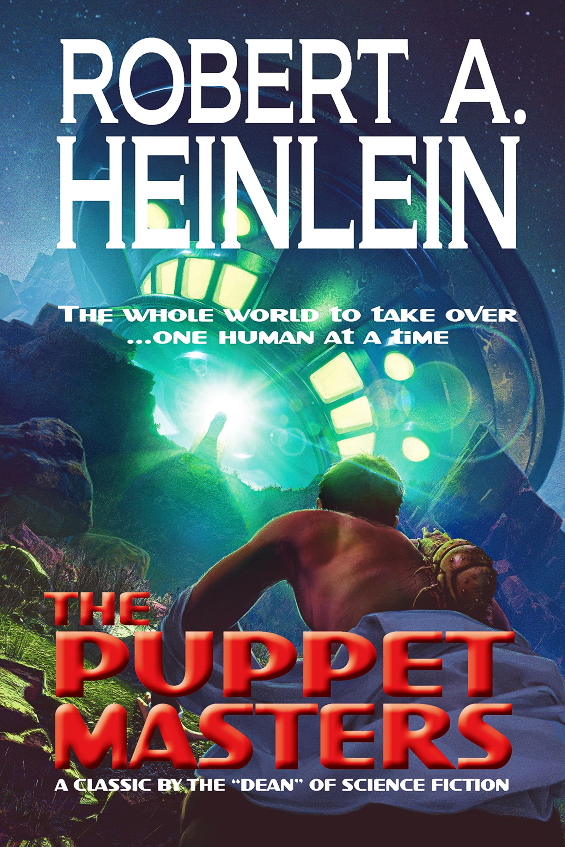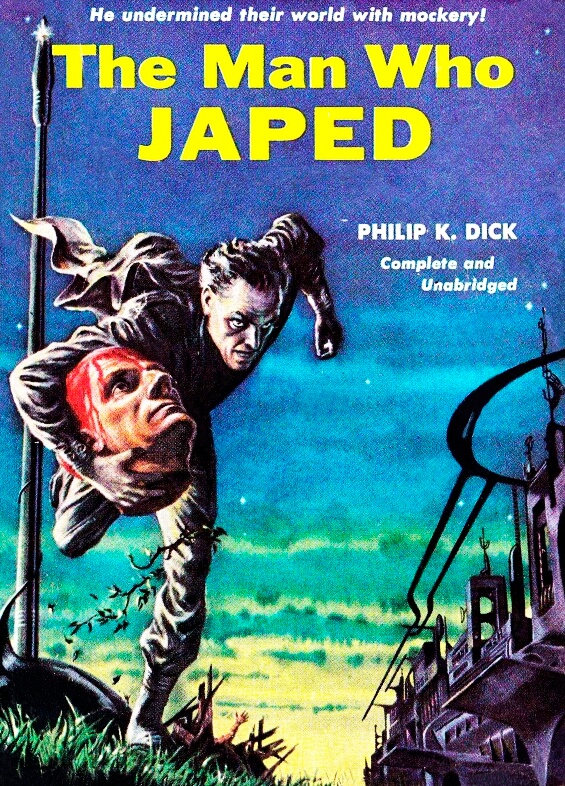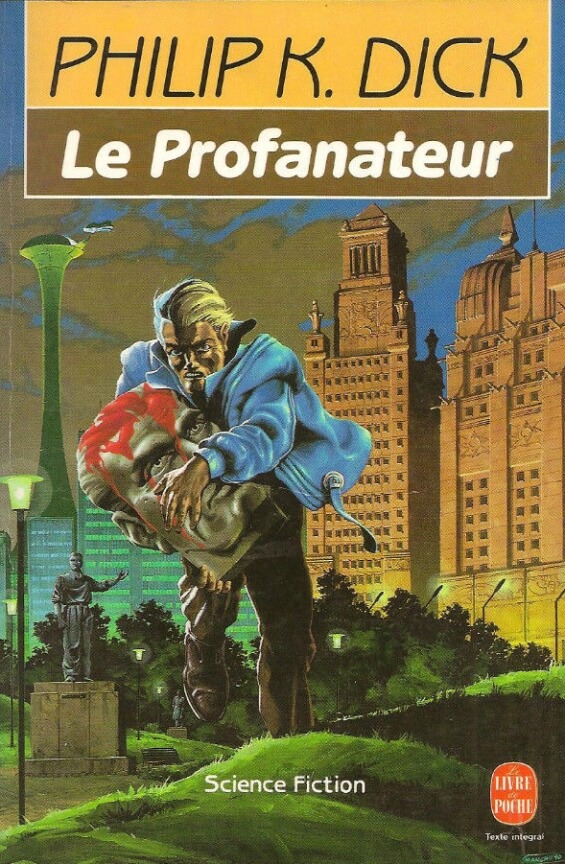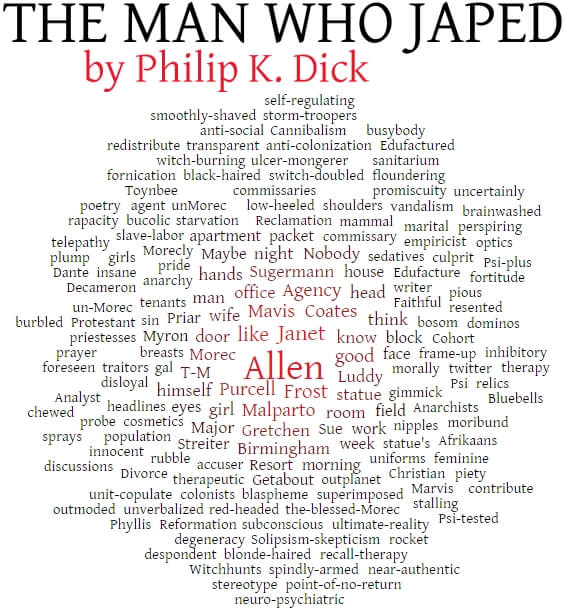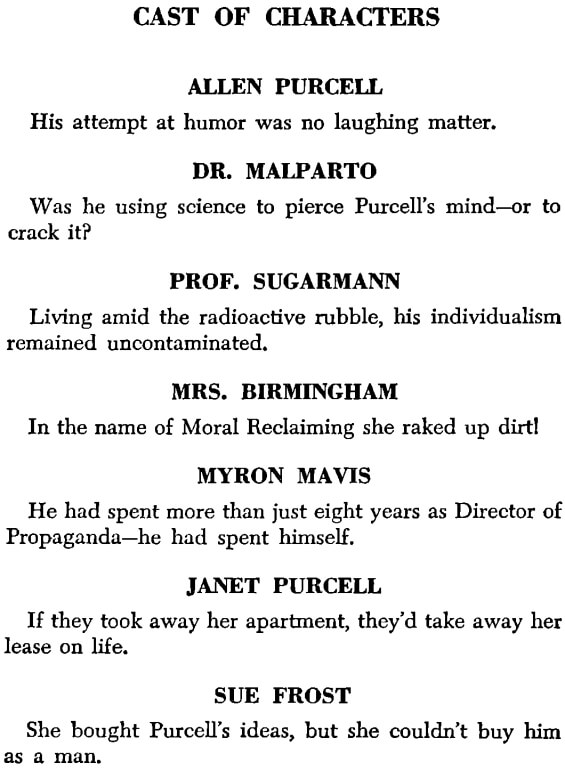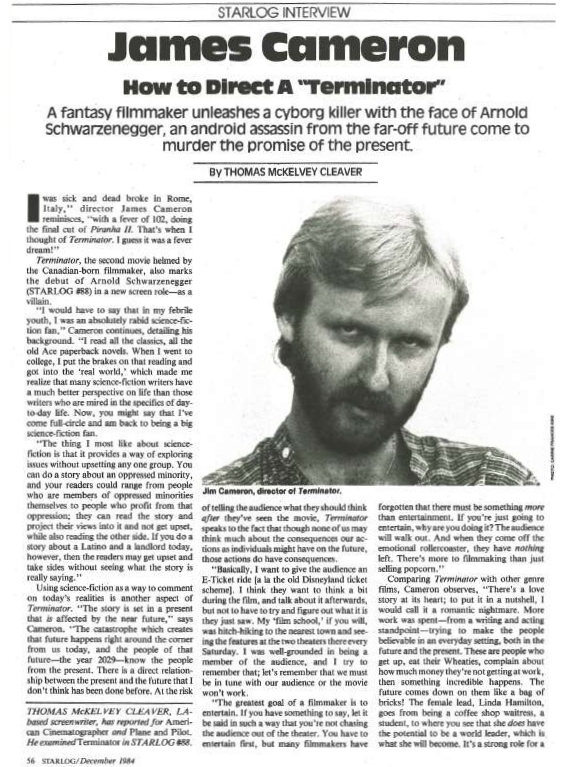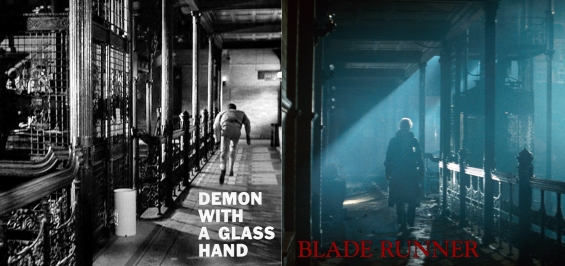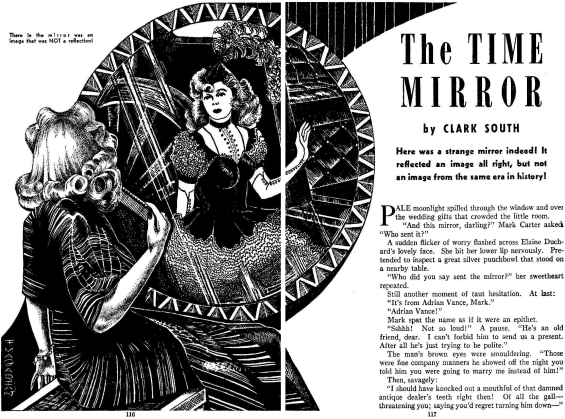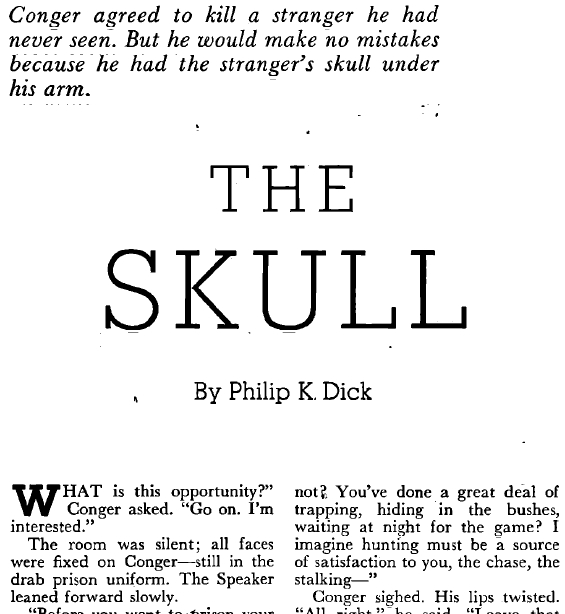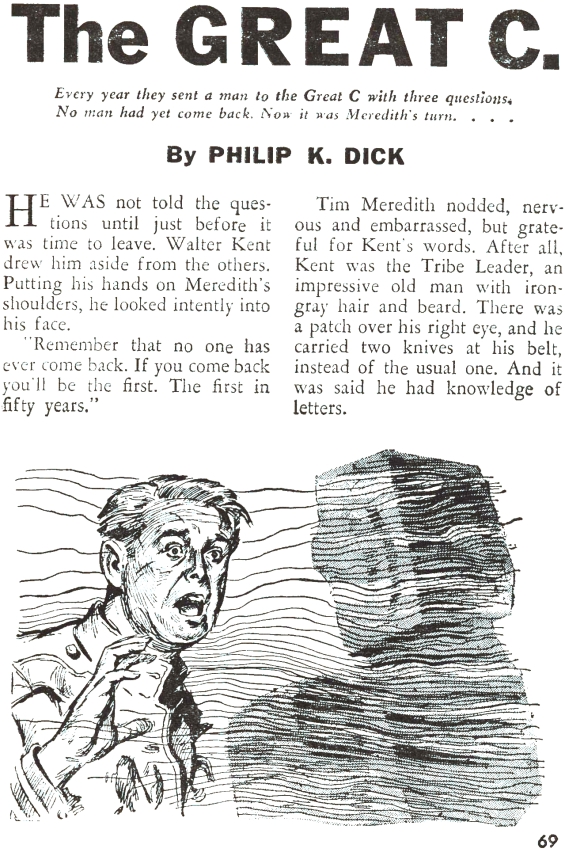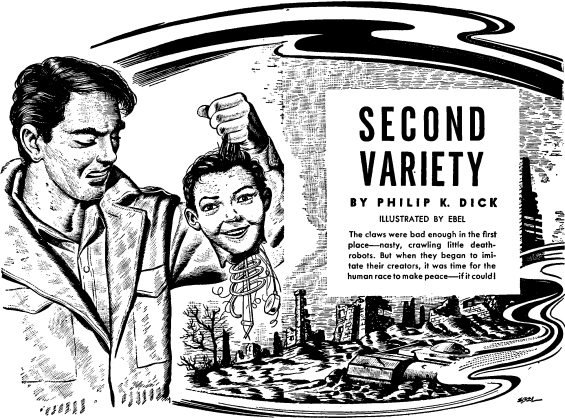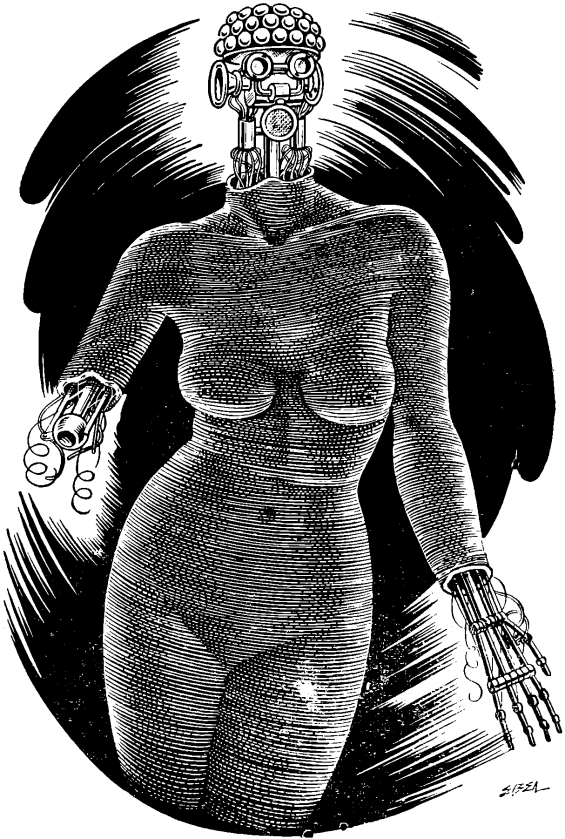
 The SFFaudio Podcast #397 – Jesse, Paul Weimer, and Maissa, talk about Mission Of Gravity by Hal Clement
The SFFaudio Podcast #397 – Jesse, Paul Weimer, and Maissa, talk about Mission Of Gravity by Hal Clement
Talked about on today’s show:
Astounding April-July 1953, 1954, interviews, an expected book, the flyers, up the slope, how Larry Niven borrowed some of this, Meskalanite co-travelers, nothing this heavy, a hard book to read?, stopping to do math, that’s the game, “the game”, an intellectual exercise, the essay: Whilygig World, starting with the world, we’re in a much more character driven era of Science Fiction, a story will emerge, hard SF is out of fashion, Analog is the torchbearer for hard SF, the field has shifted, the post-Campbell era, Prisoners Of Gravity, a dying Frankenstein, an interview with Hal Clement, Benford and such, a TVO thing, Teddog, somewhere in Toronto, thanks Prisoners Of Gravity, much more like a YouTube show than anything on television at that time, a pretty clever trick, Commander Rick, Rick Green, Enrico Gruen, pirate broadcasts, why aliens are in humanoid form, Daniel Richler, the opposite and appropriate angle, a zany talking head show, trying to change the world through Science Fiction, that’s Kim Stanley Robinson, hey that’s Larry Niven, Harlan Ellison, Isaac Asimov, Garth Ennis, Neil Gaiman, escaping the mundane reality of this show, Rick is the humans looking down on the Earth, the people who don’t understand the shape of their world properly, an elongated sphere, the conquistadors landing on the shore, first contact stories, juiced up in Astounding, what about the “prime directive”?, a 2000-year crash course in science, a pirate!, just to get to this probe, uplift, L. Sprague de Camp’s stories set on Krishna, how to overcome problems, pirates of the galaxy!, our worlds are too hot for them, this is the kind of book you’re reading, a creative commons license before there was such a thing, methane seas, Titan’s methane seas, Saturn, TV Tropes, the first novel set on a world outside the solar system that actually is a planet, exoplanets, first exoplanet discovered during WWII, an exercise in answering that question, rafts instead of one big keel, “worldbuilding”, a great novel with a crappy story, basic, heavy handed, damn man, hat’s off, afraid of things above your head, biology, why intelligence would develop, a minimal ecosystem, physics vignettes, so much against what people are reading science fiction for now, The Fifth Season, wouldn’t it be cool if, forcing it in the other way, showing all the implications, the rules, as early as possible, “I always feel cheated when…”, we get a false picture of Science Fiction because of Astounding, the conventions, the premiere magazing, Horace Gold’s Galaxy, the gold standard, game fiction, Sherlock Holmes fiction, you’re a bad writer if you cheat the reader, almost nobody plays this game, so sexist and racist, even when he does a fantasy novel it’s hard, The Fifth Season, a cost to using a magic system, I’m starting with this crazy premise, Barlenon vs. Dondragmir, not one girl in the book!, what about your sex lives?, a million sailors frozen at the bottom of the sea, at an extreme of hard SF, the window of science fiction, shifted in other ways, a New England Yankee trader, building trade routes, a relatable mindset, Lackland, amazingly human, Star Trek aliens, he made them Hal Clements, looking at the Larry Niven and Hal Clement affect, emotionally oblate, the outer edges, the peak of characterization: “I couldn’t quite nip it.”, quick-witted students, Cortez, the natives should have a lot of their own shit going on, wrapped up in their own problems, a smooth and peaceful first contact, in real life when first contact happens bad things usually happen, it depends on who is coming, the gravity of this mission, the cost, in Chapter 19, the character names, in the pre-negotiations, Tolkien does the same thing (but with language), a richer tapestry, that’s not what this is for, the sequel: Starlight, all the little touches, the Bree is steering itself, how glaciers work, lubrication, steering glaciers, friction, when friction is an important part of a book, Douglas Adams’ game vs. the rules of chess, a good analogy, PhDs, genius, fostering reading activity, comicon, the importance of having ideas at the forefront, racism, intelligence, first contact, Asimov, sitting around talking about his story with Isaac Asimov, “Pancake In The Sky” and “Gravy Planet”, a pleasant evening spent talking materials science, an acquired taste, the great game, prime directives, not all historical first contacts, first contact between the Americans and the Japanese (1792), angry sticks, pre-admiral Perry, genocide in Central and South America, overturning governments, a more modest foreign policy, the history of British Columbia, super-peaceful, residential schools, land theft, first contact need not be terrible, the rock rollers, the spear throwers, never pay tolls again, a benevolent scientific dictator, Star Trek as a medicine for American imperialism, sharing knowledge, Jerry Pournelle’s Empire Of Man series, a daisy chain of influence, Needle, a peaceful alien lifeform that can live inside a human body, Jinx (Larry Niven), World Of Pattavs, Neutron Star, a game of gravity, General Products Hull #1, Beowulf Shaeffer, Neil DeGrasse Tyson, spagettification, Inconstant Moon, a love story about the moon, the reflected light of a nova (or a massive solar flare), it’s only the apocalypse, I’ll lasso the moon for you, an Adam and Eve sort of thing, What Can You Say About Chocolate Covered Manhole Covers?, Man Of Steel, Woman Of Kleenex, Kryptonian refugees, Superdog
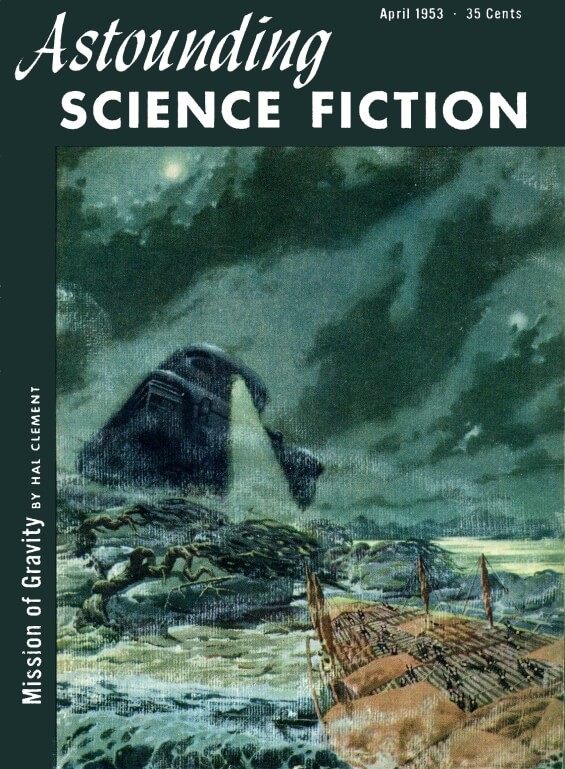
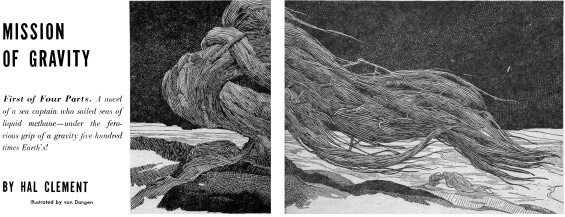
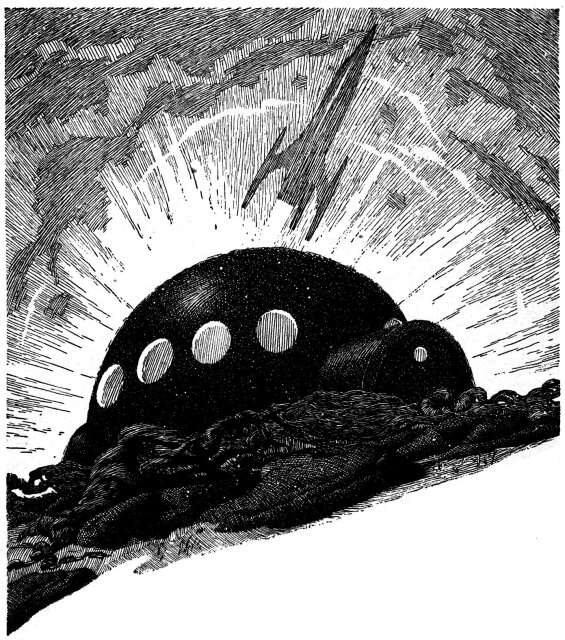
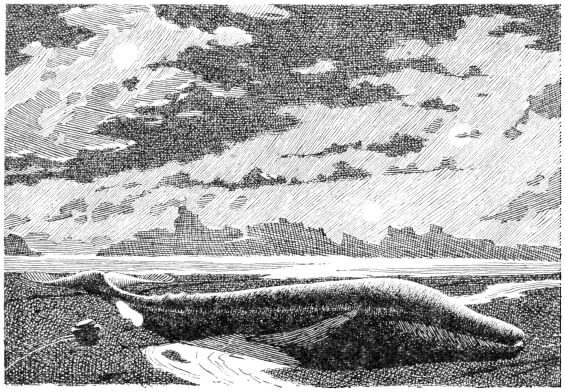
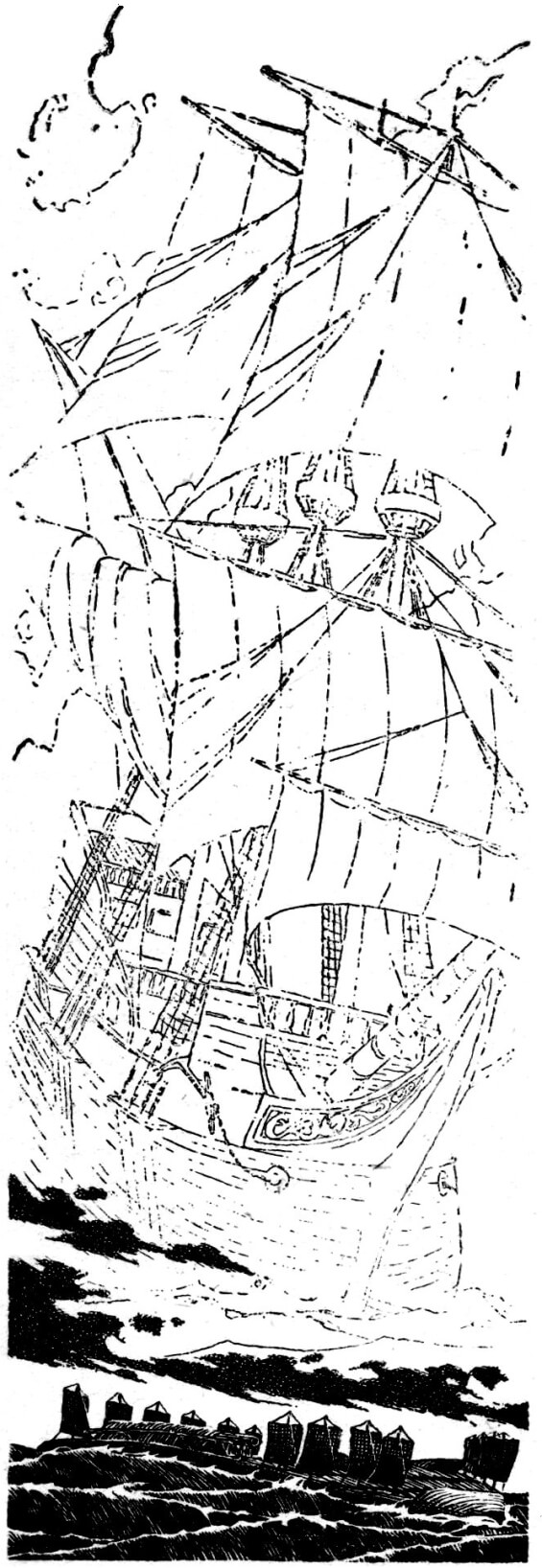
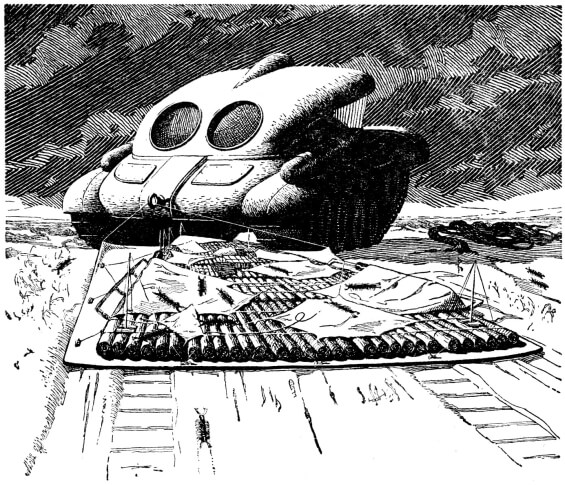
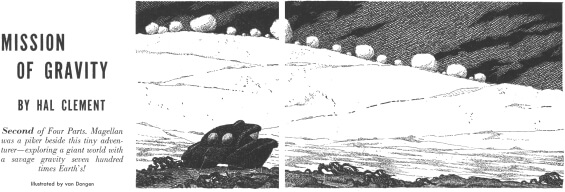
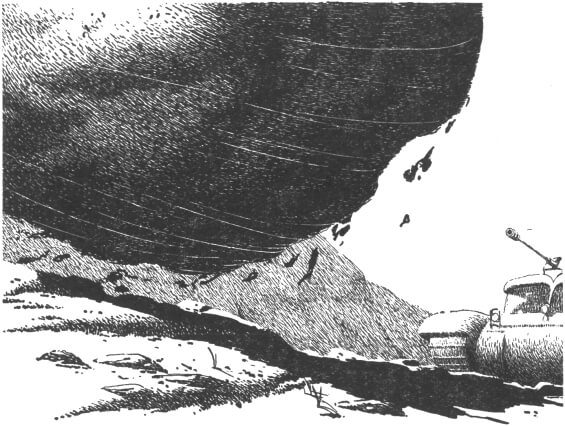
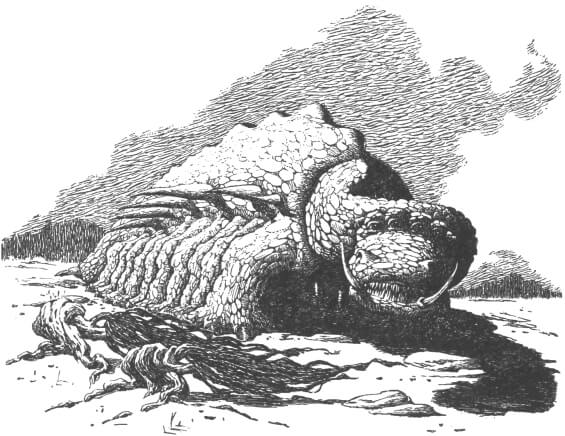
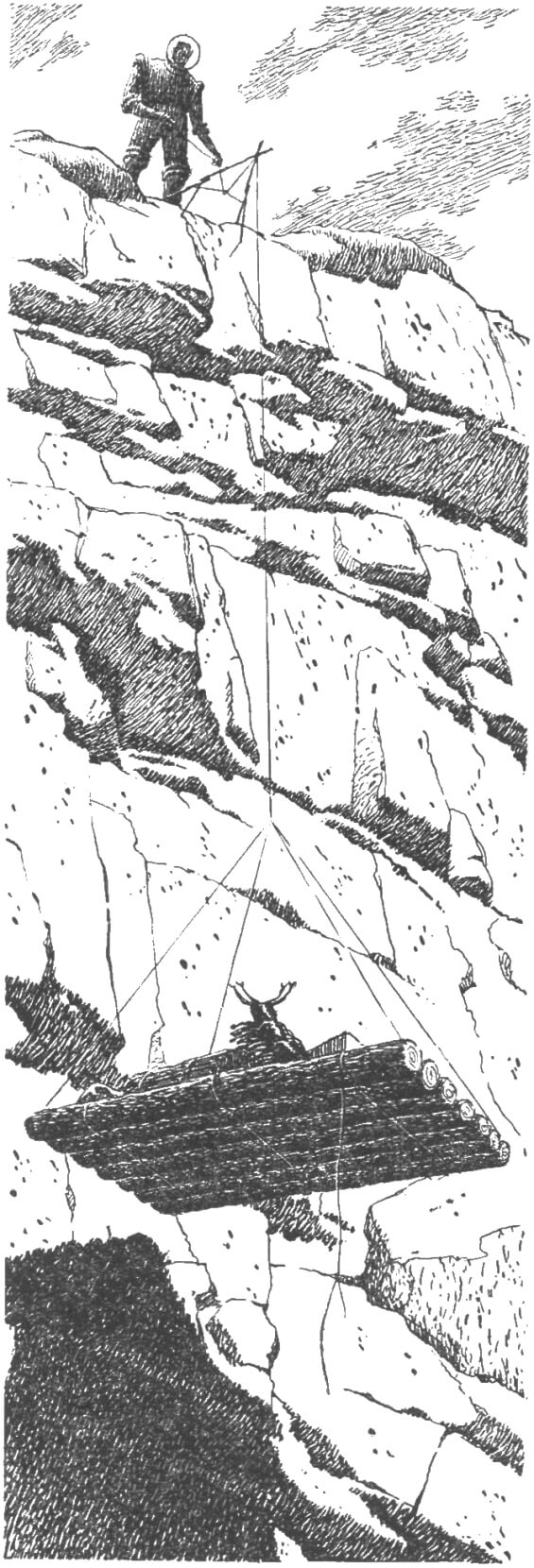
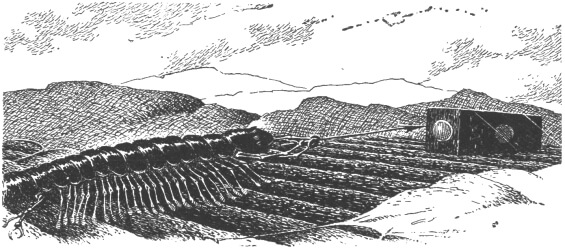
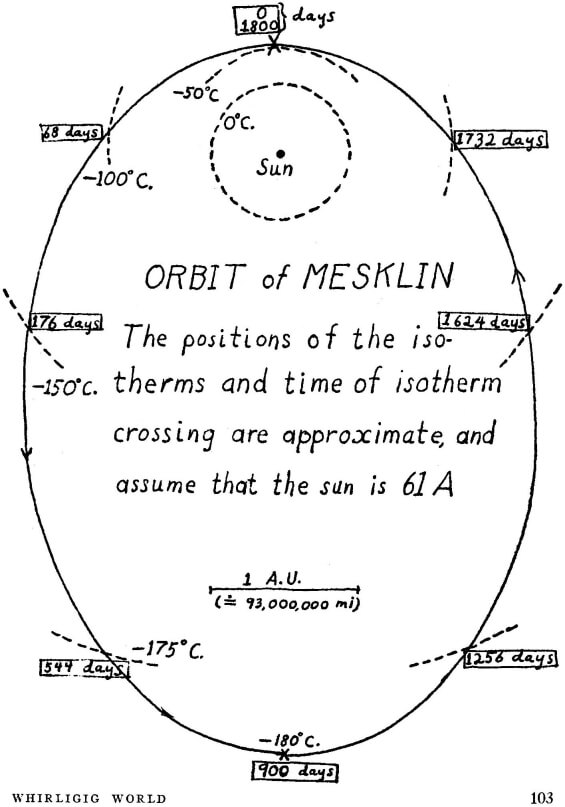
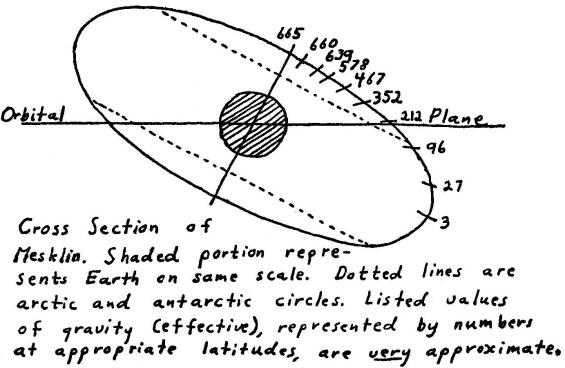
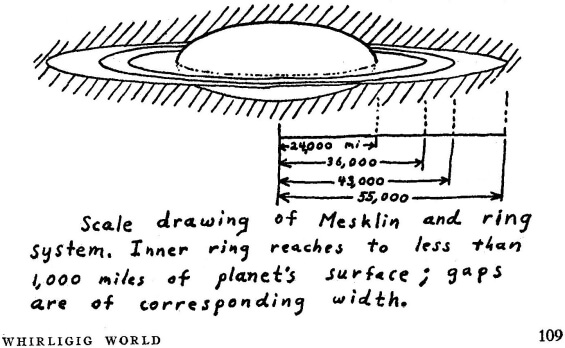
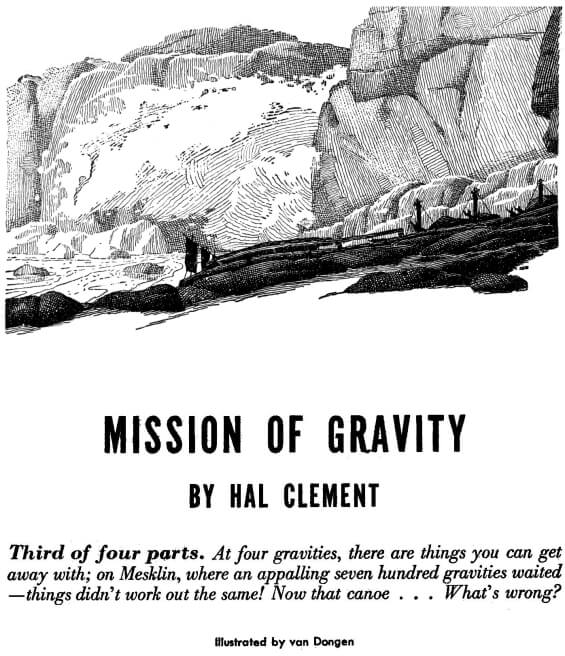

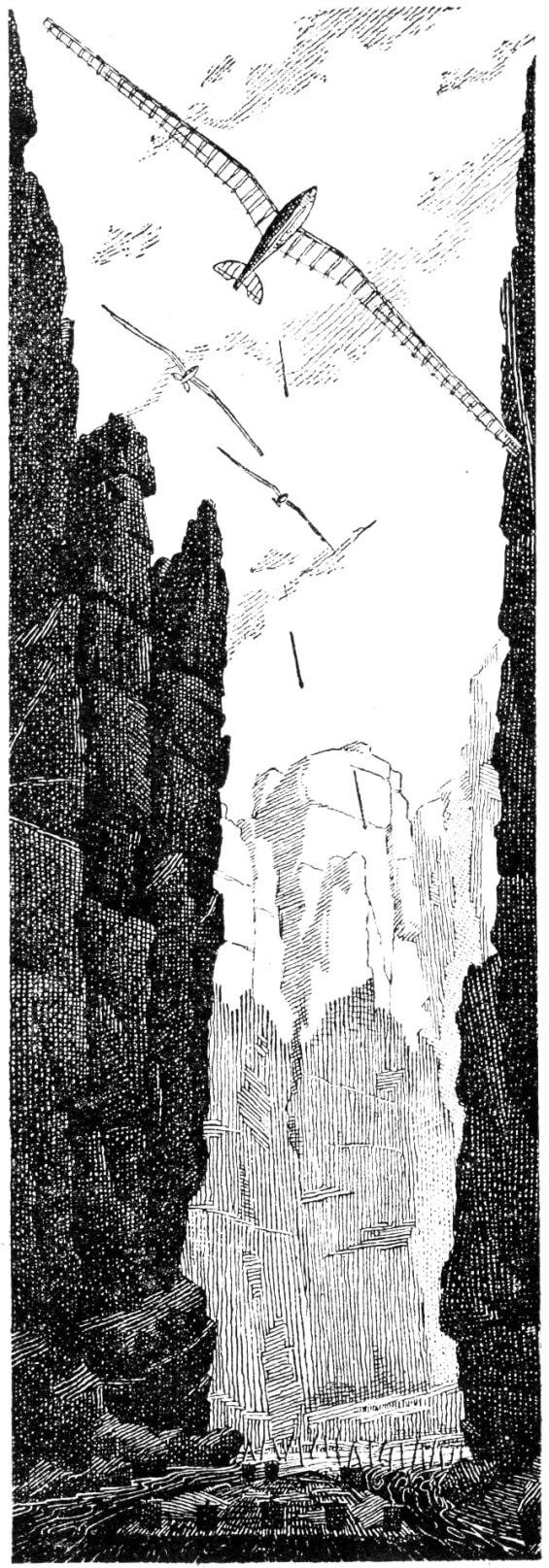
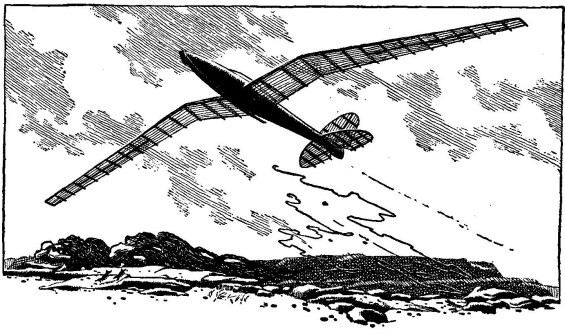
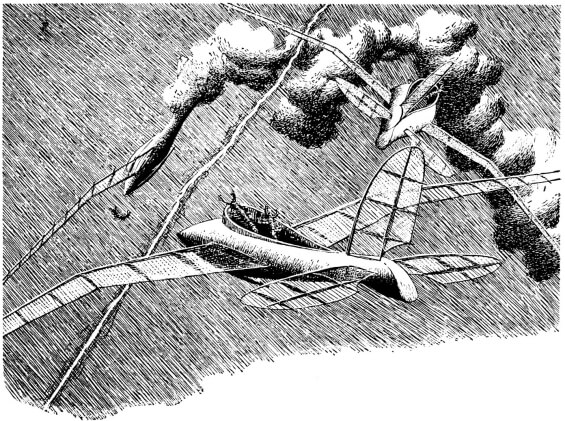
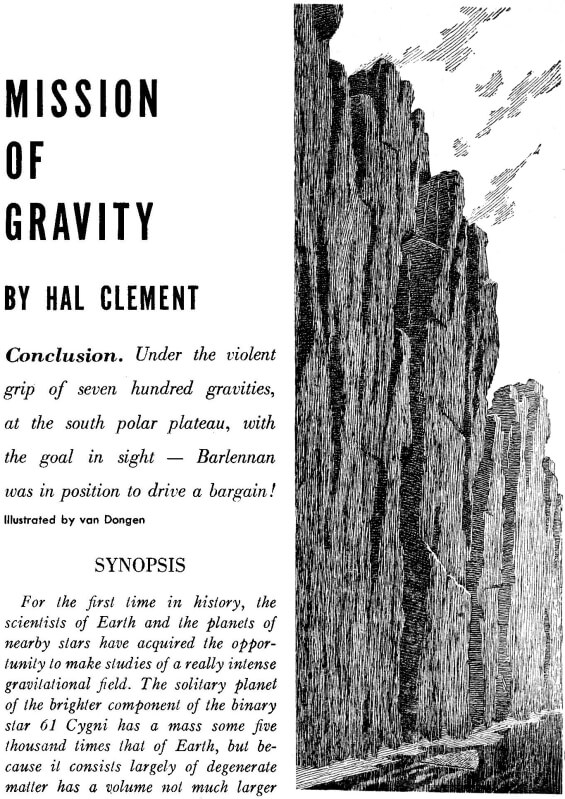
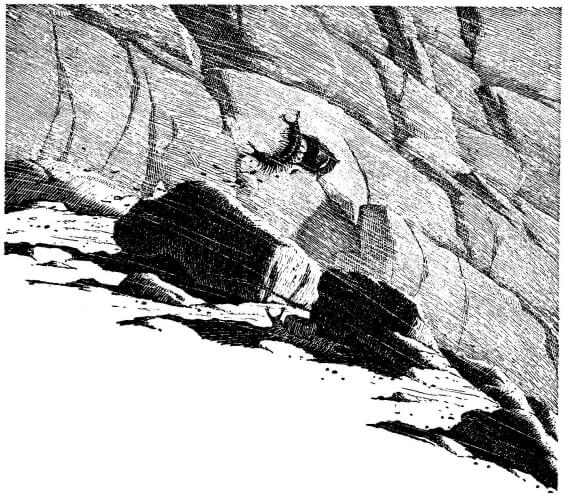


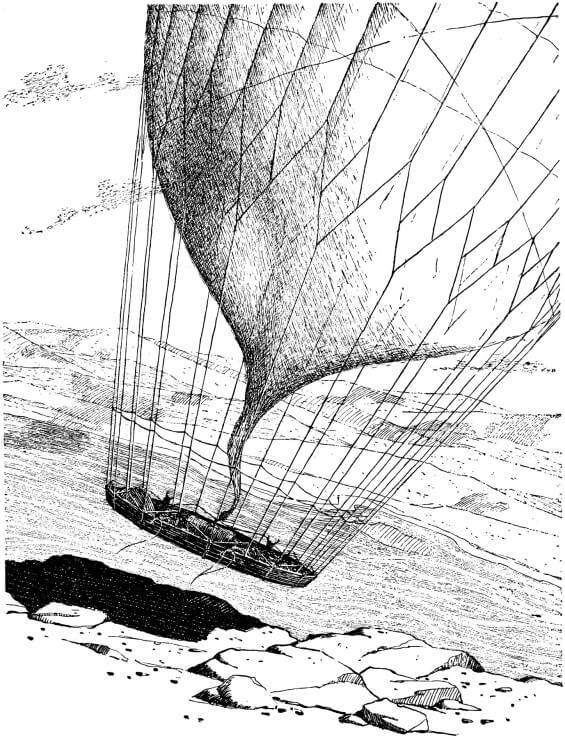
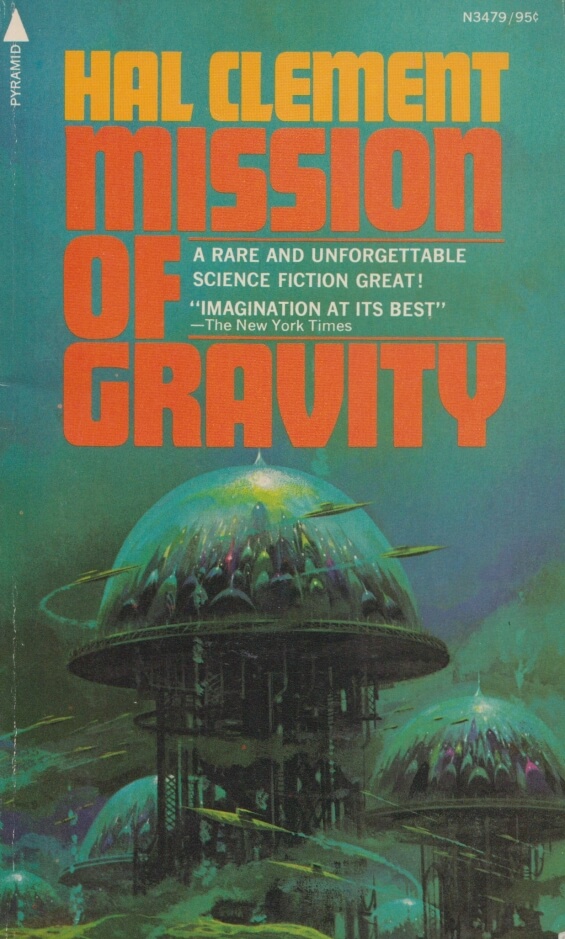
Posted by Jesse Willis































